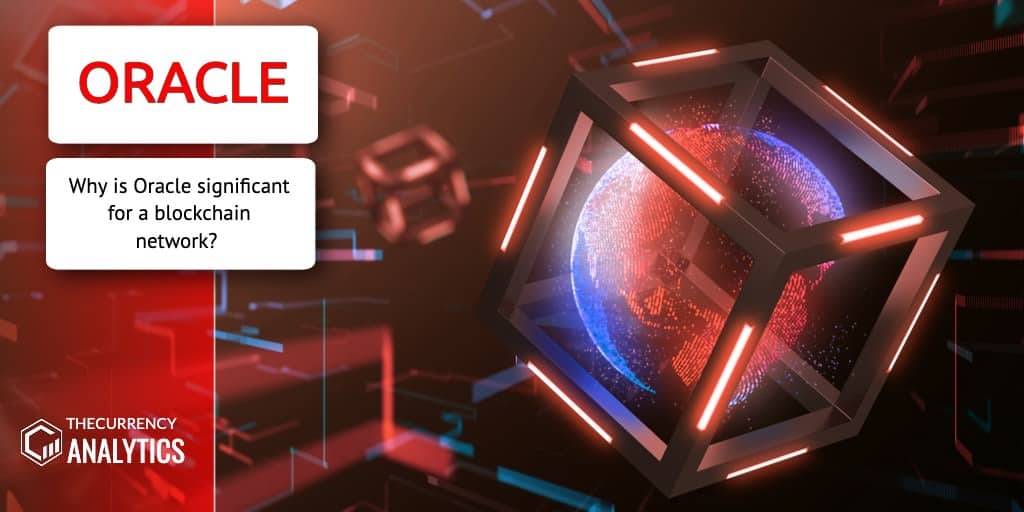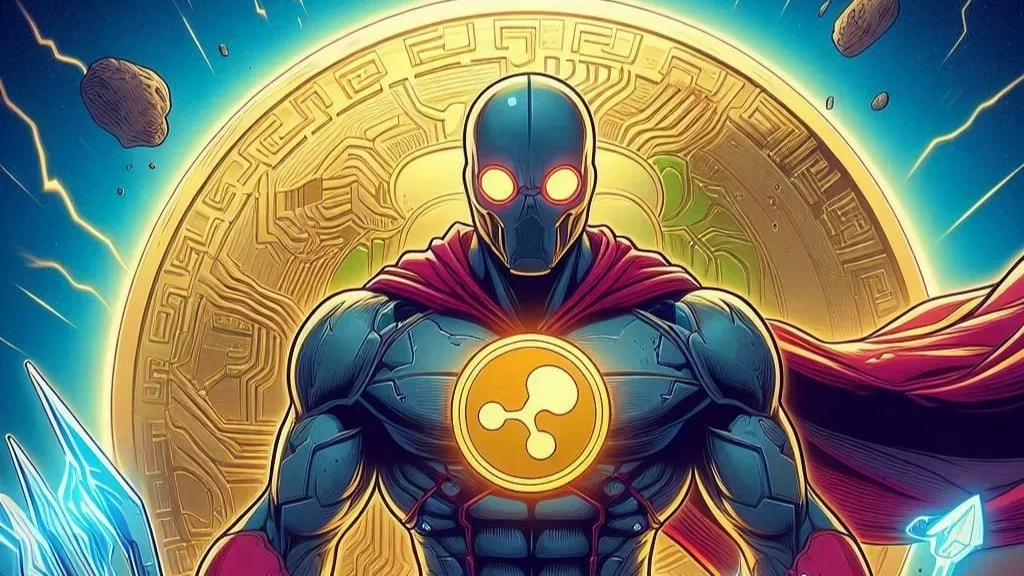
An Oracle, in one line, helps to bridge the gap between a blockchain network and the external world. For those uninitiated, blockchain’s underlying protocol prohibits the network’s access to off-chain (real-world) data. And that’s a major problem. Smart contracts embedded in blockchain are scheduled to automate activities of a business as well as scale up an organization through creation of DAOs and Dapps. But, to perform these functions, smart contracts require easy access data from external world which is denied by blockchain’s protocol. This is where an Oracle comes to help.
An Oracle system facilitates the connection between on-chain data and off-chain data for a blockchain network which eventually serves to widen the operational scope for smart contracts. In other words, without Oracle, smart contracts are restricted to limited use which also hinders the growth of a blockchain network. Inclusion of an Oracle system, thus, helps a blockchain network to scale up its platform to newer heights as well.
Talk about the latest blockchain networks today and you have the brand new Bridge oracle for the TRON blockchain network. Released in the early quarter of 2020, Bridge is the first ever dedicated public oracle for the famous blockchain portal. TRON has been operating in the crypto space for quite some time now but the platform has long suffered from the inability to bring in small businesses in mass scale. The major reason behind it was the restricted operational ability of smart contracts given the absence of a public oracle system.
The recent launch of Bridge has now enabled the TRON smart contracts to enjoy easy access to real-world information and function with a more pragmatic outlook. Put simply, Bridge Oracle enables TRON to extend an inviting infrastructure for small enterprises where they can implement their businesses conveniently. Active participation from small businesses will further lead to a steady growth of TRON blockchain network.
Oracles can be divided based on three major parameters- data source, direction of data and trust.
Oracles based on data source
The software one extracts essential data especially from the virtual world. On the other hand, the hardware one sources information from physical world which is relayed from information reader devices like barcode scanners, sensors etc.
Oracles based on direction of data
The Inbound one receive data from online and channel them to blockchain. The Outbound one transmit data from blockchain to external world. It’s especially useful while checking payment status.
Oracles based on trust
A centralized Oracle system source data from one specific group that’s governed by one particular entity. It’s not the case with the decentralized one. A decentralized Oracle system checks varied sources while collecting information and doesn’t depend on one single entity. It helps the Oracle to verify the credibility of data to be transmitted and eliminate risks of biased information.
Oracles serve as a major building block in a blockchain network and is instrumental to facilitate a healthy growth of the overall blockchain ecosystem.


Get the latest Crypto & Blockchain News in your inbox.